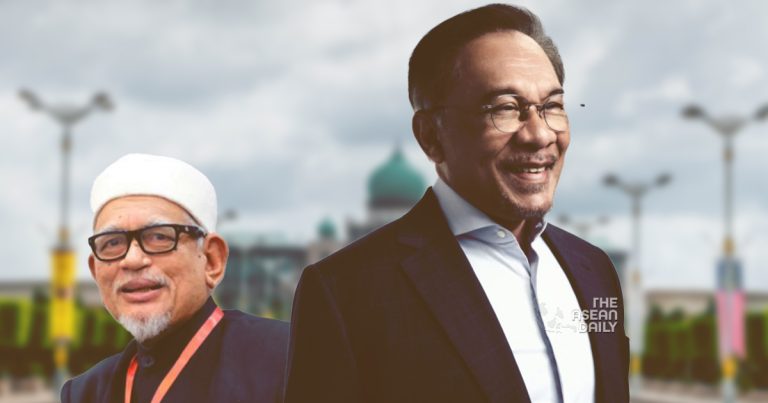11-6-2023 (KUALA LUMPUR) Prime Minister Anwar Ibrahim of Malaysia finds himself in a challenging position as he navigates the country’s economy through global economic uncertainties and domestic political turbulence.
Despite the economy’s better-than-expected 5.6% growth in the first quarter, economists warn of a sharp slowdown due to weakening exports, rising inflation, and mounting government debt. The outlook largely depends on Anwar’s ability to secure voter support, especially from ethnic Malays, ahead of upcoming elections in six states. The victories in Malay-majority states, currently governed by the opposition Perikatan Nasional, would bolster confidence, while defeats could seriously undermine Anwar’s standing and reform agenda.
Anwar has prioritized fiscal discipline, but his efforts alone may not be sufficient to restore confidence. Inflation has eased, but cost pressures persist. Investor uncertainty stems from political uncertainties, exacerbated by questions about Anwar’s support among Malays.
The upcoming state elections will be the first major test for the multi-racial government. Anwar is eager to regain ground lost to Perikatan Nasional, which comprises Bersatu and the right-wing PAS, the two largest Malay parties. While states such as Penang, Selangor, and Negeri Sembilan, under Pakatan Harapan’s control, are unlikely to change hands, the real challenges lie in Malay-majority Terengganu, Kelantan, and Kedah, governed by PAS.
Even modest gains in these states would provide reassurance, but significant defeats could derail reform efforts. Sunway University professor Yeah Kim Leng, advising Anwar, stresses the need for Malaysia to shift its economic narrative from stimulus-driven growth to attracting high-tech, high-wage industries.
Meanwhile, PAS aims to expand its control after becoming the largest party in parliament in 2018. It seeks to “take over” Selangor and Negeri Sembilan and prevent a two-thirds majority in Penang. The party intends to maintain its strongholds.
These elections will test Anwar’s popularity and gauge the resonance of PAS’s religious populism, which some perceive as right-wing. PAS has defied royal decrees that ban politics in mosques, with President Hadi Awang arguing that politics and religion are inseparable in Islam. However, the king reminded Muslims to maintain political neutrality in mosques.
While capitalizing on Islam for popularity characterizes “political Islam” and populism, former minister Khairy Jamaluddin believes there are limits to banking on religious populism in Malaysia’s diverse society. Khairy, who served in government under a PAS-Umno coalition, asserts that PAS never pushed for stronger Shariah laws at the national level. Analyst Chandra Muzaffar emphasizes that no party can afford extremism in Malaysia, highlighting the importance of practical politics.
PAS’s recent display of youths in Islamic attire and brandishing weapons has been seen as both “political and religious intimidation” by some and mere “cosplay” by PAS. It reflects the party’s perception of strength, suggesting, “We can do what we want, and what we want is an Islamic society,” according to academic Syaza Farhana Mohamad Shukri.
While external observers express concerns about Islamic conservatism, Syaza believes PAS is unlikely to aggressively pursue hardline Shariah laws on a national scale. Nonetheless, the state elections will reveal whether religious populism steers Malaysia towards the right.
Syaza anticipates that PH will retain Selangor and Penang, albeit with reduced majorities. The status quo is likely to prevail in PAS-governed states. Anwar must now deliver economic improvements to alleviate the struggles of Malaysians, or else risk instability. Malaysia’s future hinges on navigating political uncertainties while pursuing reforms amidst challenging economic conditions. The state elections will serve as a bellwether for what lies ahead.




